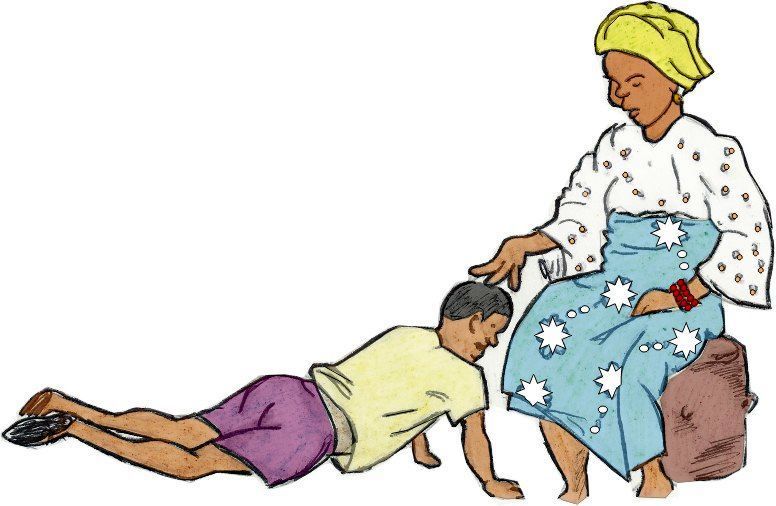
support@yorubalibrary.com
+2348073529208, 07038599574

Yoruba proverbs are a vital part of the culture, woven in wisdom, values, and life lessons passed down through generations. These proverbs often use metaphors and allegories to convey deeper meanings. On this page today, we will explore some common Yoruba proverbs and their interpretations.
"Ile la n wo, ki a to s’omo l’oruko."
Translation: One must consider the family background before naming a child.
Meaning: This proverb emphasizes the importance of understanding one’s roots and heritage. It suggests that one's family background plays a crucial role in shaping their identity and future.
"Ẹni ti o ba fi gbogbo1 ọwọ́ pa odò, omi yoo tan l'ọwọ́ rẹ."
Translation: He who uses both hands to cover a river will have water run through his fingers.
Meaning: This saying highlights the futility of trying to control everything. It teaches that one should focus on what they can manage and not over-extend their efforts in trying to dominate situations beyond their control.
"Ọmọ ti a ko tọ́ ni yoo gbé ile ti a kọ́ tà."
Translation: A child not taught properly will sell the house built by their parents.
Meaning: This proverb emphasizes the importance of proper moral upbringing and education. It warns that neglecting a child’s moral and cultural education can lead to the loss of family legacy and heritage.
"Òrò s'ókè, lẹ́hìn olókè ni ń gbọ́."
Translation: The message sent up the hill will be heard behind the hill.
Meaning: This saying emphasizes that words and actions have far-reaching consequences. It serves as a reminder to be mindful of what we say and do.
"Ọmọdé gbọ́gbọ́, àgbà gbọ́gbọ́; bí àgbà kò bá wà, ìlú kìí ṣe d'otí."
Translation: A child and an elder both hear; if there is no elder, the town does not become wise.
Meaning: This proverb underscores the importance of elders in society. It highlights the role of the elderly in guiding and imparting wisdom to the community.
"Bí inú ò bá dun láti báni s'òwò, a kì í f'òjò kan ònà àṣepé."
Translation: If one is not pleased to trade with another, they do not take a single step on the journey.
Meaning: This saying emphasizes the importance of mutual respect and goodwill in relationships. It suggests that partnerships and collaborations should be based on mutual trust and satisfaction.
Conclusion
Yoruba proverbs are more than just sayings; they are reflections of the cultural ethos and collective wisdom of the Yoruba people. Each proverb carries profound meanings, offering guidance and insights into various aspects of life. Understanding these proverbs provides a deeper appreciation of Yoruba culture and its timeless values.

Learn about the Yoruba concept of Ìwà Pẹ̀lẹ́ (good…

Learn special praises for Divine Being and Creator…